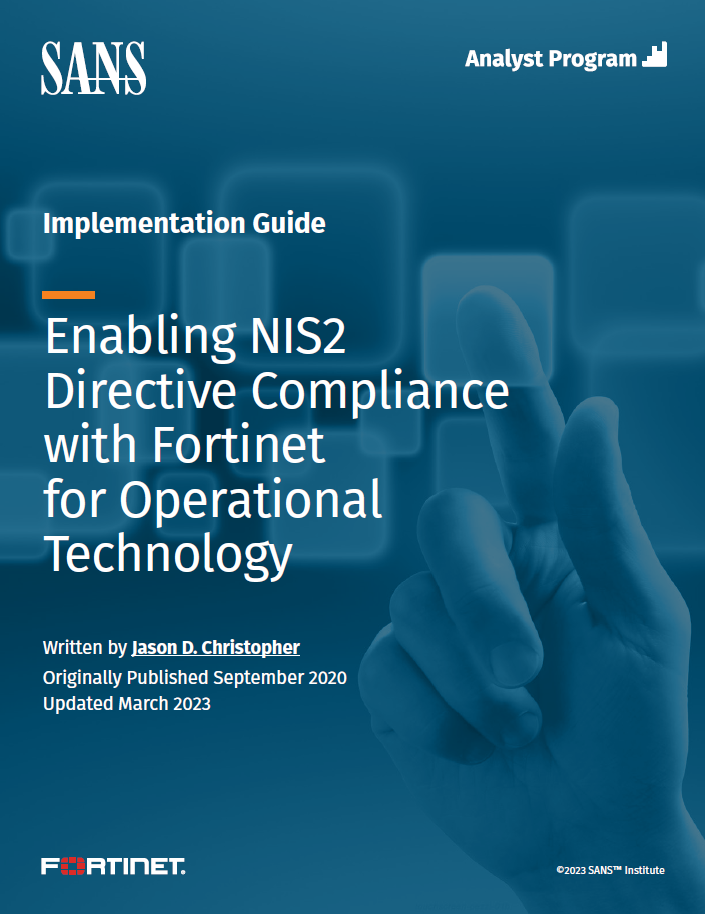

Flat Networks Inevitably Fall Flat When Attacked —Using Secure Segmentation To Protect Your Business
Hybrid IT and the adoption of work-from-anywhere (WFA) strategies have led to the exponential expansion of new network edges. And for many organizations, this has resulted in an expanded and fragmented attack surface that has become a perfect opportunity for bad actors to launch cybersecurity attacks from new attack vectors, undermining the ability of network and security leaders to maintain business operations without disruptions.
Traditional flat networks, including network-based segmentation or even micro-segmentation techniques, cannot detect and prevent many of today’s more sophisticated attacks. Many of these networks still provide single time authenticated users and devices with unfettered access to virtually any application. Such an implicit trust policy provides free rein across permitted segments and reduces the visibility across the network, especially into encrypted paths. The lack of integration between security and network constrains their ability to perform essential firewall functions, let alone advanced security inspection, at the growing number of dynamic network edges and junctions, making them unable to contain cyberattacks.









